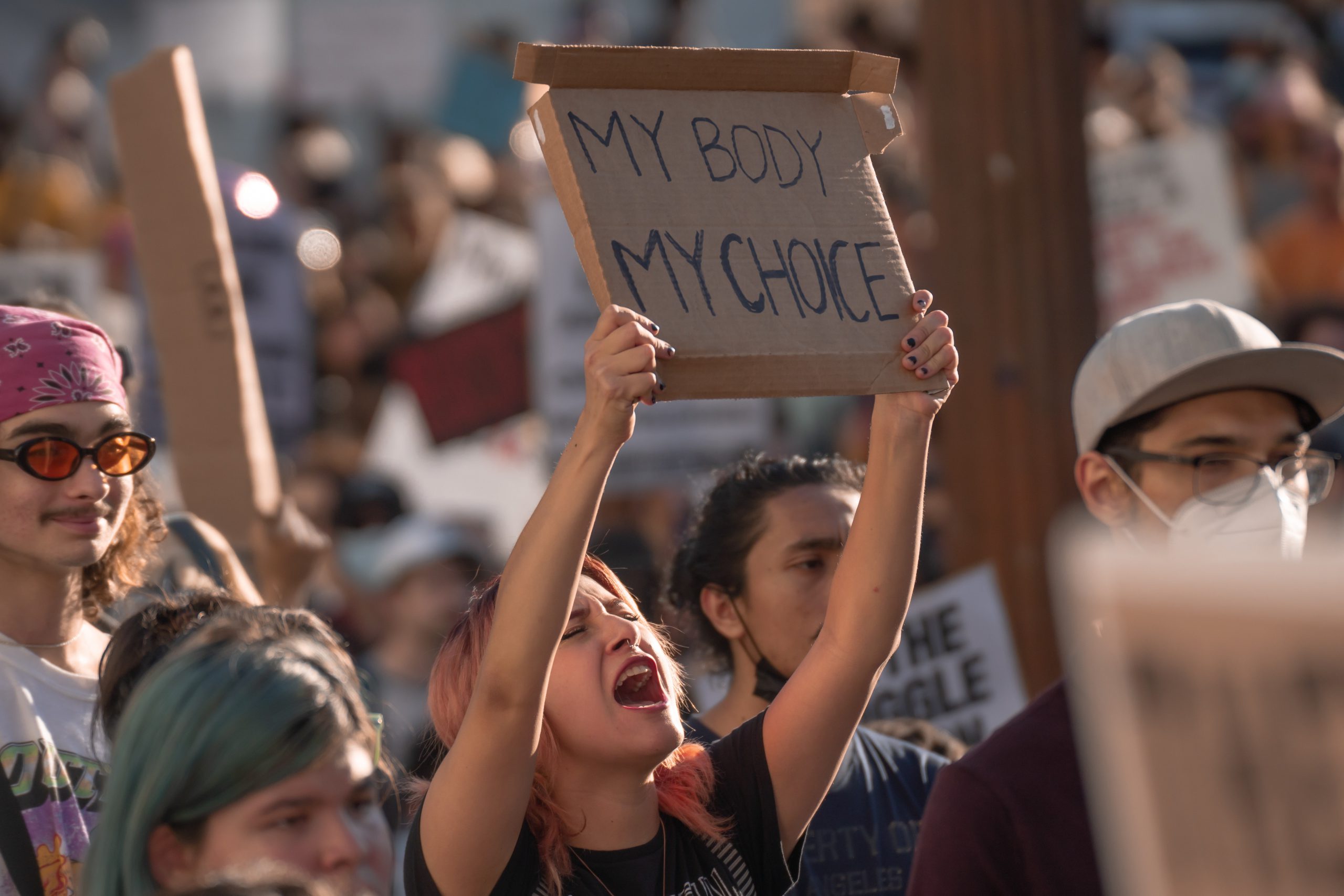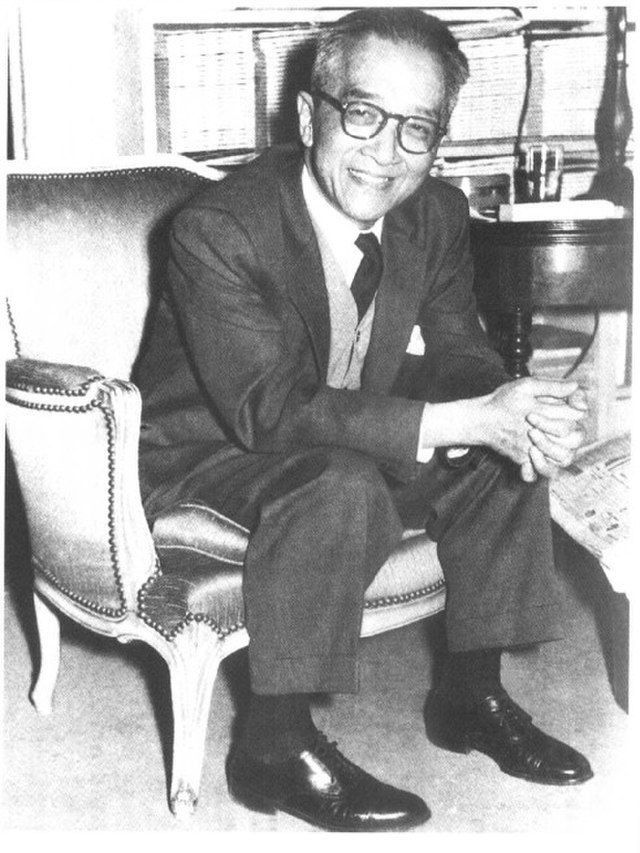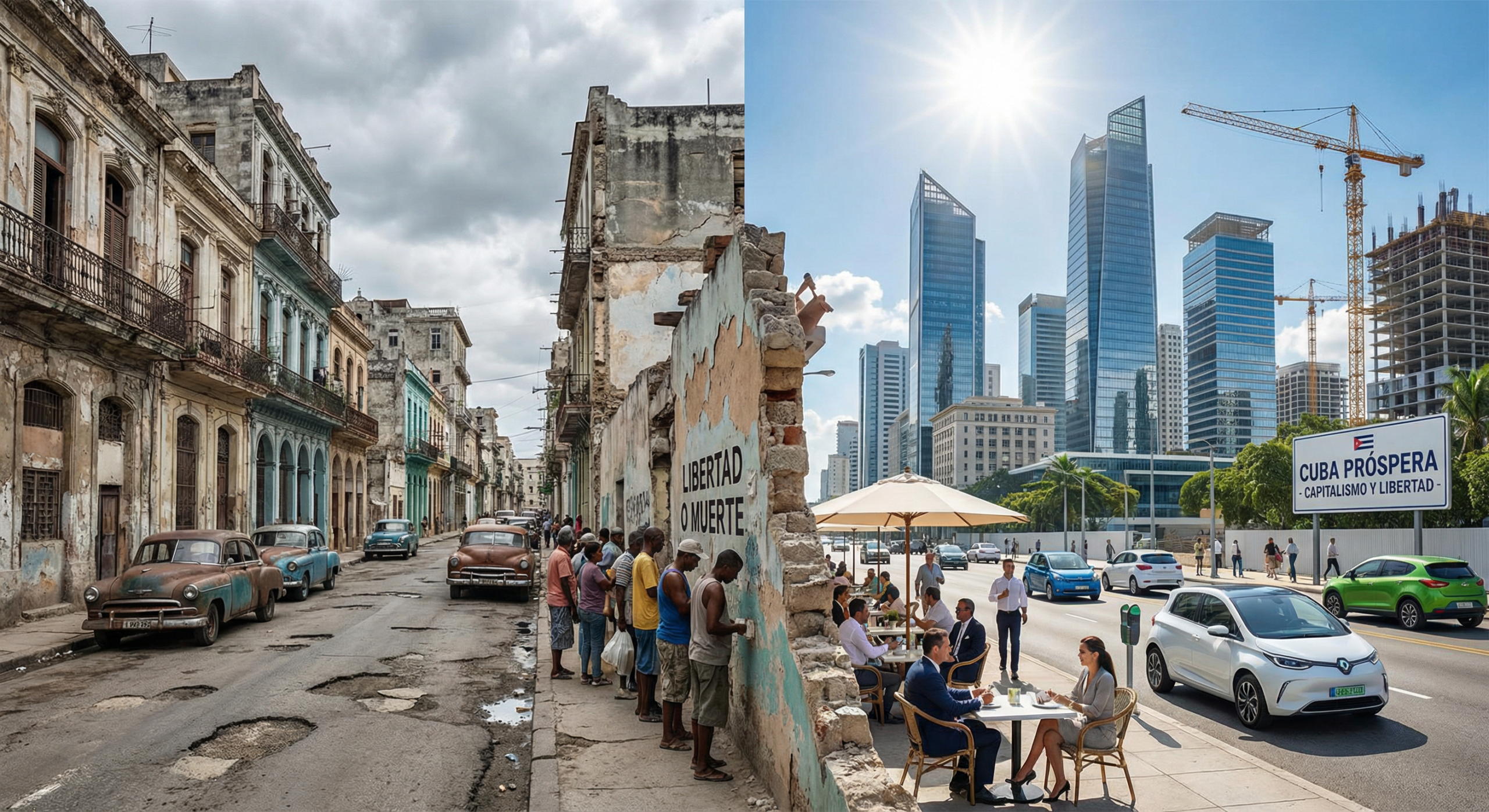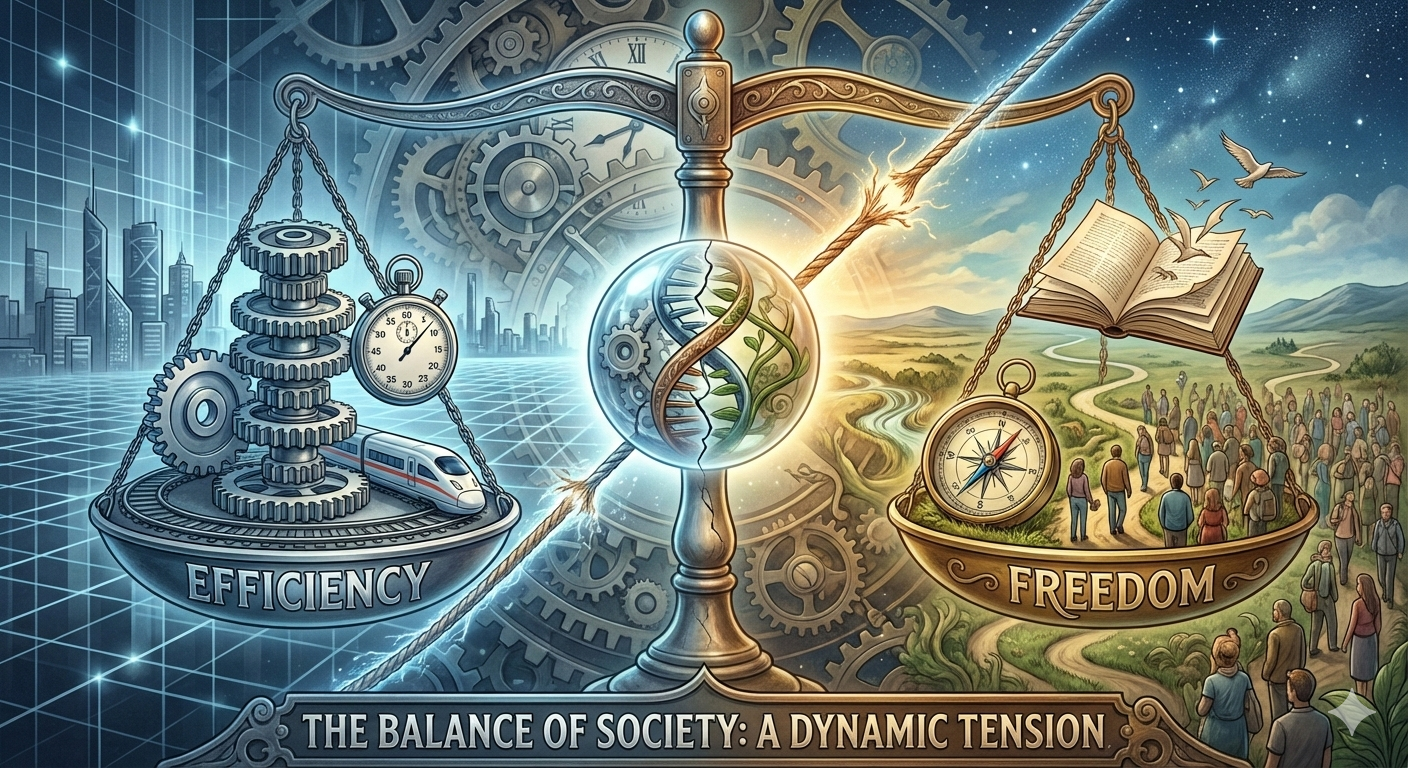Author: Paramie Jayakody
Progress means change. This is a hard truth pill all humans have had to swallow. And change sometimes means stepping away from centuries-old traditions and customs in order to embrace something more suitable or inclusive of today’s society and ideals. This, again, is a hard truth pill most humans (particularly the parents and our neighborhood aunties) have had to swallow.
While it’s natural that as a species we would make mistakes along the way, it’s almost unheard of to hear of a decision – labeled ‘progressive’ when it was taken – being retracted. However, this is what the entire world, open-mouthed, watched happen in the US, as it overturned the landmark Roe v Wade judgment on abortion rights, giving individual states the power to make their own decisions on the matter.
As this writer believes, a decision on a woman’s body should belong to said woman and said woman only, as it is often the woman who has to undergo the physical, psychological, and social effects of a pregnancy. An overturn of a landmark judgment allowing a woman this right is in effect a free pass to ban this right altogether. State control should never extend to an individual’s body; it can in fact be deemed a violation.
In this writer’s opinion, a move to overturn can only be called regressive, as it means that a woman’s bodily autonomy is not protected by federal law, and this overturn is one that raises many questions about the consequences, and indeed implications, of such a landmark decision.
Protests have sparked across the US as citizens protested against this change. The world continues to look on in shocked silence.
A step down a road less traveled
This decision comes as America’s status as a global leader has been changing, with many questioning whether the US-led liberal international order is about to crumble. While most cannot imagine a global order without the US involved, decisions such as overturning Roe v Wade are not simply taken with a pinch of salt, particularly among the international community.
As per this writer, the US needs to be considerate about the global implications of landmark decisions before they happen. As a nation that touts itself to be the global leader, and is looked to as the pinnacle of ‘Western development’, there is a surprising lack of consideration for the rest of the world considering the decisions taken.
The US should be mindful of the fact that any decision taken by the country will affect global power structures. In Sri Lanka, for example, the shock waves were enough to disrupt the people of a country who have, for the past few months, been relentlessly focused on issues at home. But as a country that regards the US as the shining beacon of development, and which also has one of the strictest abortion laws in the world, the ruling still made waves. In Sri Lanka, under a law that dates from 1883, anyone deliberately causing a miscarriage, except for the purpose of saving a woman’s life, can be imprisoned for up to three years. The sentence can increase to seven years if the woman is “quick with child,” an archaic phrase meaning that the movement of the fetus can be felt. The same penalties apply to a person who performs an abortion and to a woman who causes herself to miscarry.
While some would wonder why the US ruling would affect these particular centuries-old laws, this writer has already heard a multitude of debates that went along the lines of “if the US itself isn’t giving abortion rights, what makes you think we will ever get it here?” and this is not limited to just our island nation.
America sneeze; the world feels a breeze
Globally, many countries are concerned about the state of their own affairs following this ruling. This is further exacerbated by the US being a significant donor in terms of global health. In countries where US aid represents a significant amount of the health care budget, the need for stable funding can outweigh policy proposals. Many activists opine that the pressure to meet the US’s standards on rights will now be magnified following this turn of events.
The Helms Amendment prevents foreign aid funds from being used for performing or motivating abortions, though it does not prohibit information about all pregnancy options, consistent with local laws. However, policies do not even need to be in effect for countries to toe the line; most do not want to annoy the source of their funding. The world is bracing for an increase in abortion-related international travel, and increased demand for the pill, and activists – both pro-life and pro-choice – zeroing in on the US, among others. The US’s move could be seen as something to empower or embolden anti-rights movements.
Human rights on suddenly shaky foundations
Aside from an impact on global abortion rights, there are other disturbing implications as to where the future could take us since Roe v Wade was overturned. If abortion rights, considered a constitutional and fundamental right in the US for the most part up until recent events, are able to be overturned, what would follow? When the news first broke out, this writer, in a fit of temper, exclaimed “Well what next, they ban gay marriage?” only to be smacked in the face with the news that yes, they might. Access to contraceptives and same-sex relationships and marriages are now among the issues that many fear will go the same way as Roe v Wade.
In South Asia, where battles are ongoing to decriminalize same-sex marriage, ensure safe abortions, and widespread access to contraceptives, the butterfly effect from across the sea may end up becoming a hurricane.
This piece solely expresses the opinion of the author and not necessarily the organization as a whole. Students For Liberty is committed to facilitating a broad dialogue for liberty, representing a variety of opinions.







